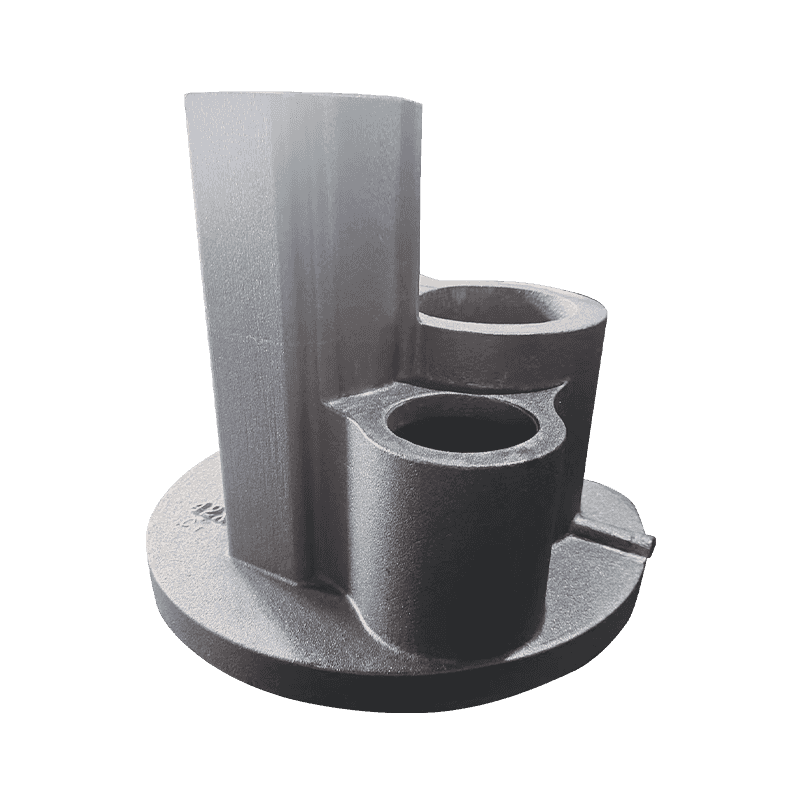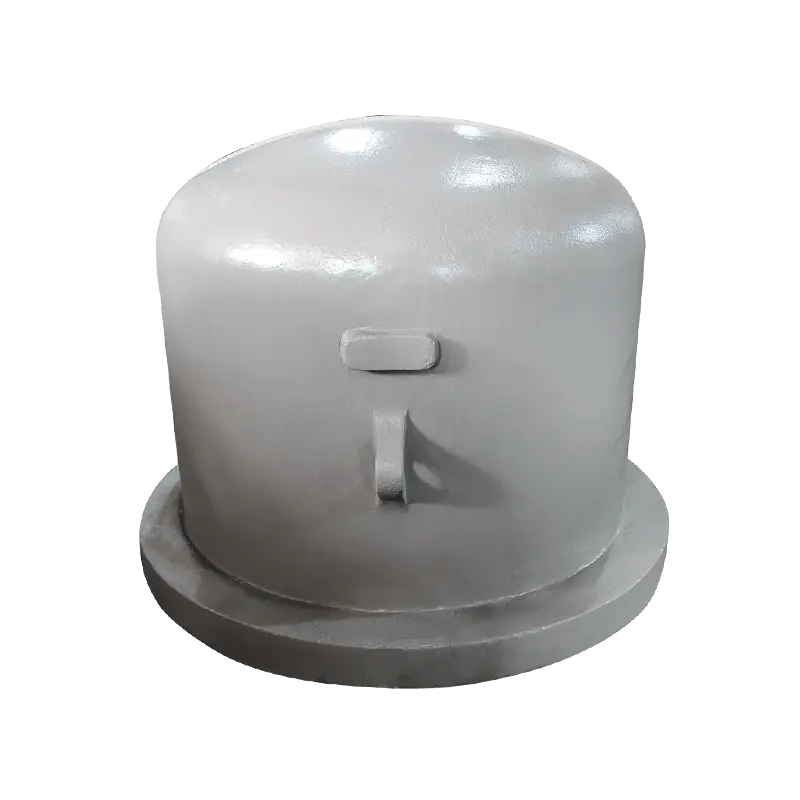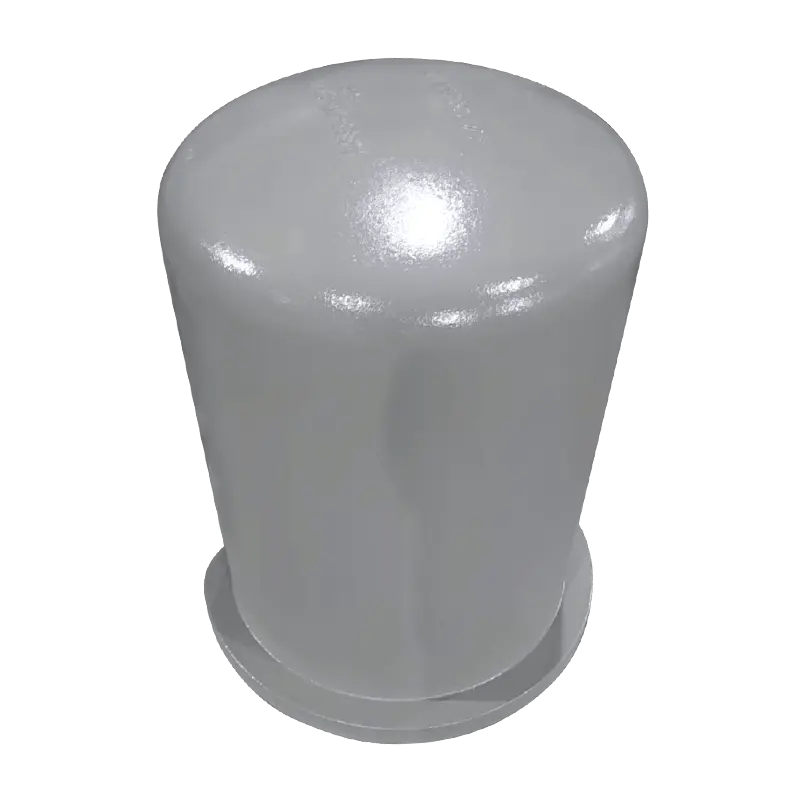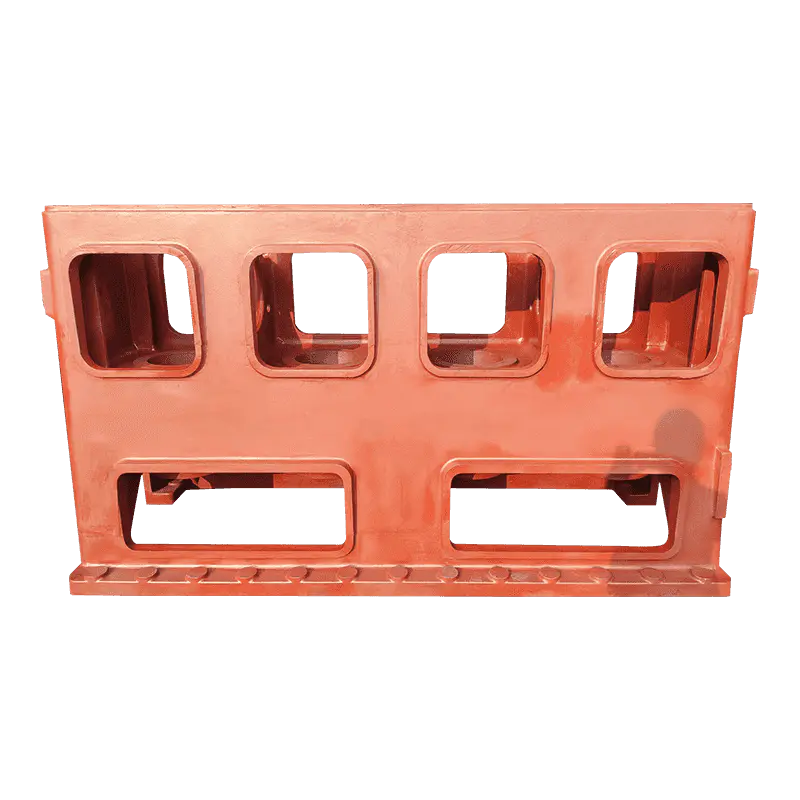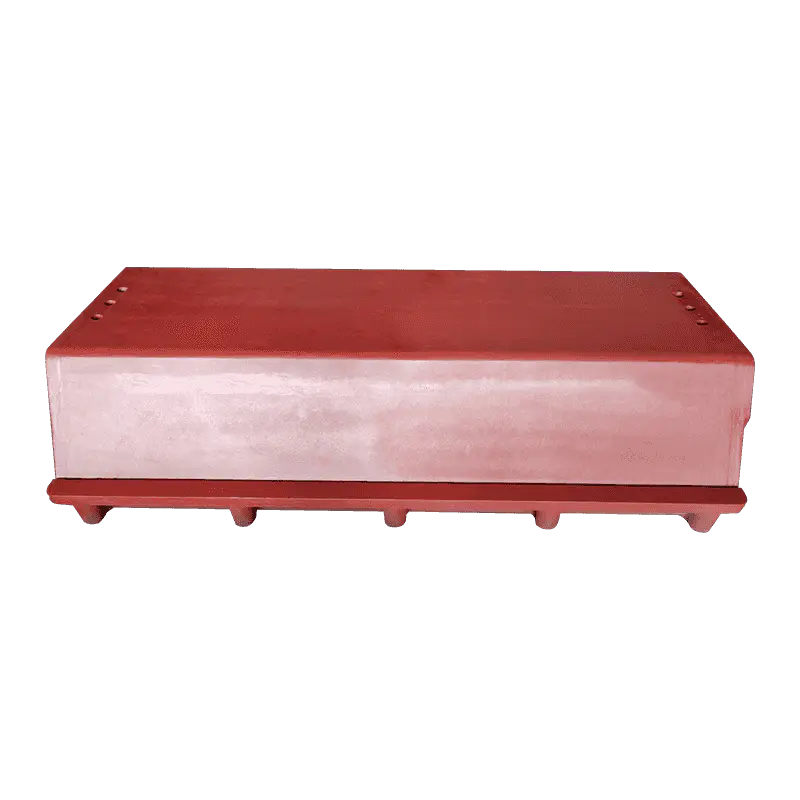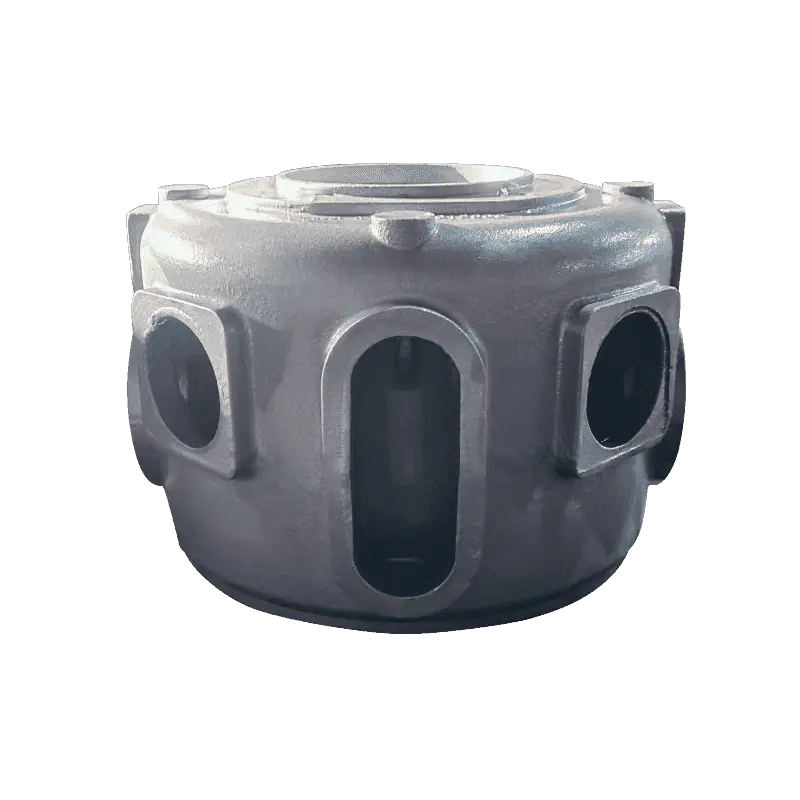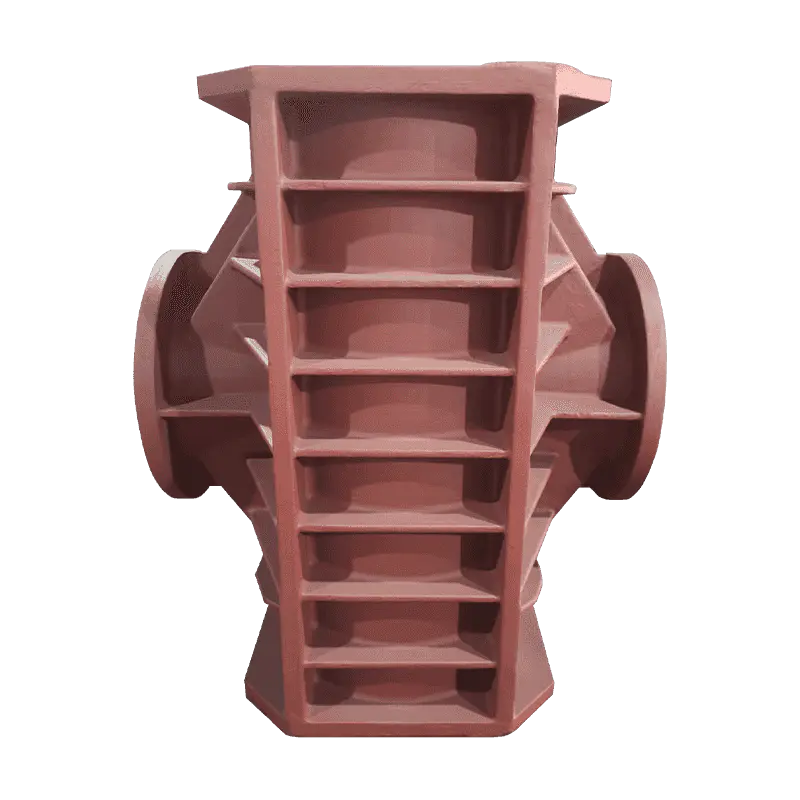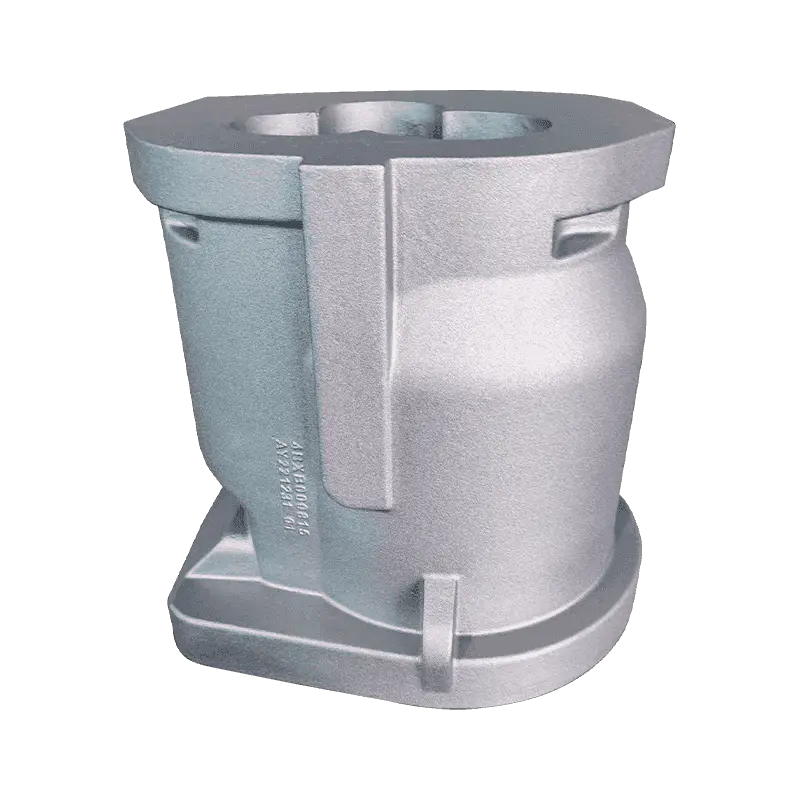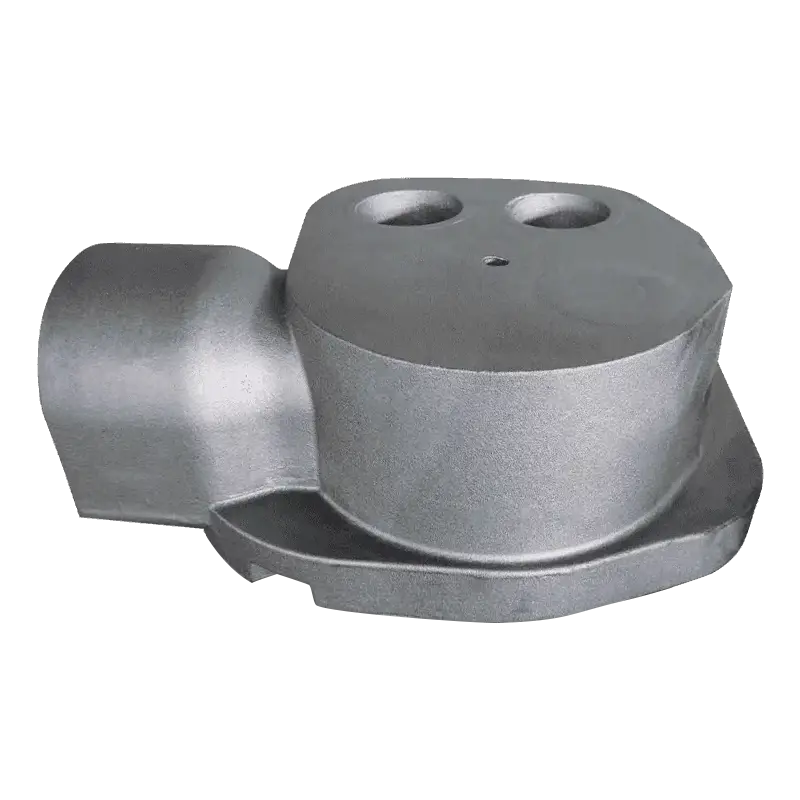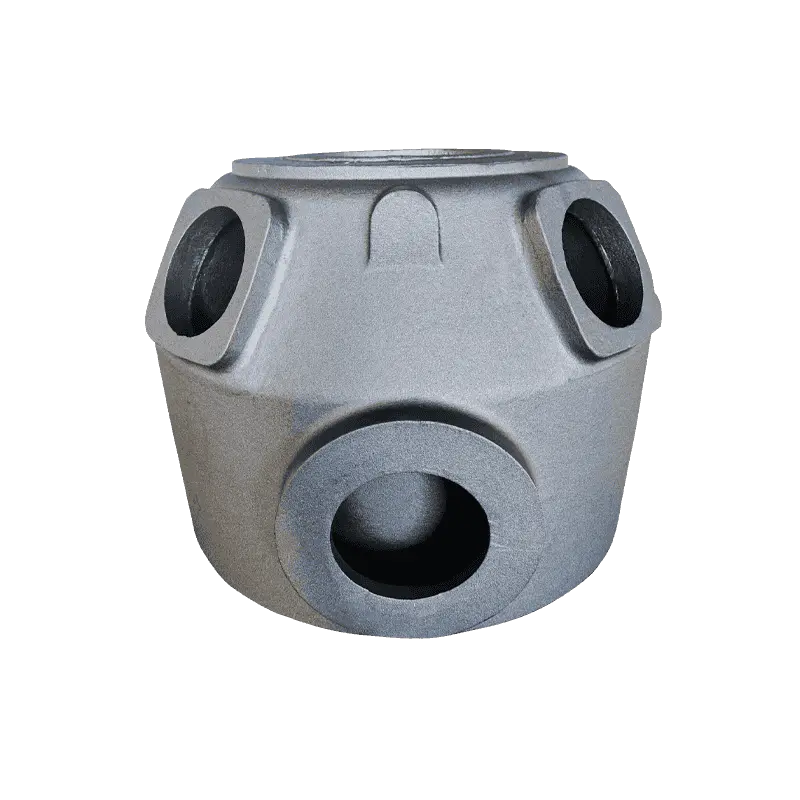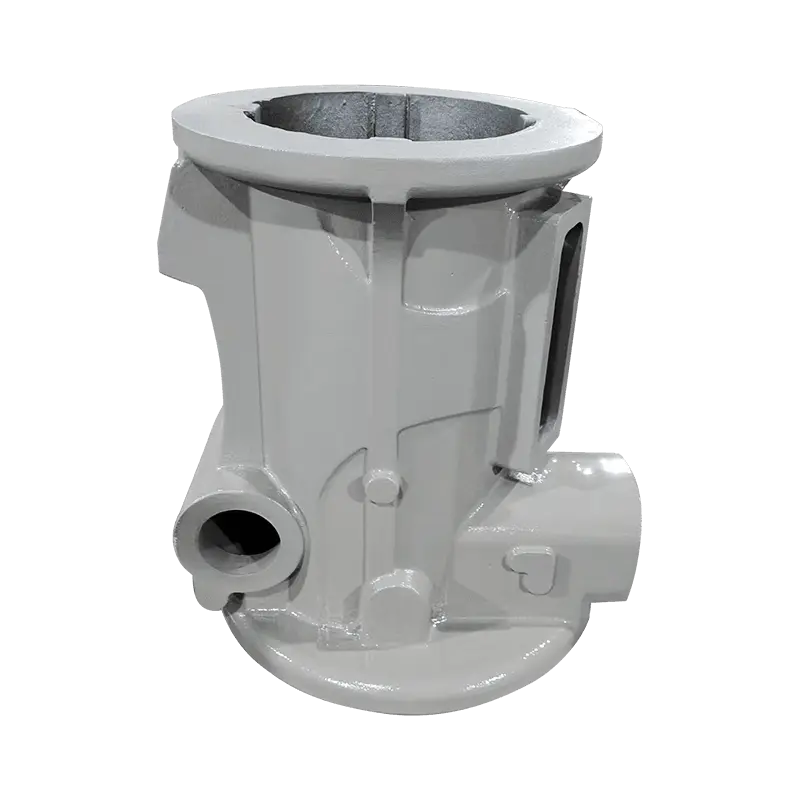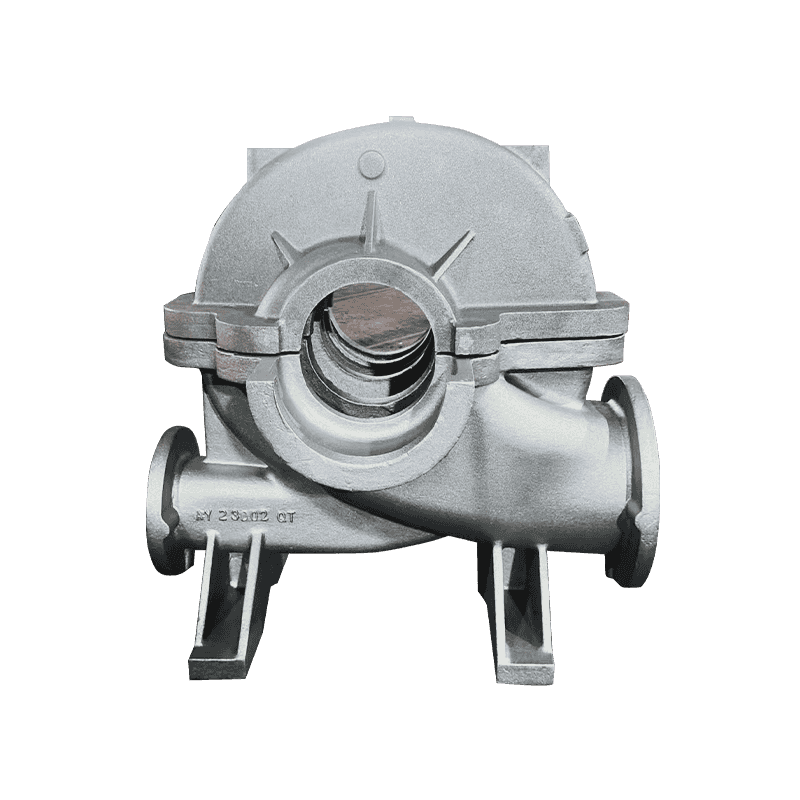The quality of the surface finish on Pump and Valve Castings Parts directly influences the ability of sealing components, such as gaskets, O-rings, and other sealing mechanisms, to create an effective barrier. Surface roughness or imperfections can lead to uneven contact between the sealing components and the casting surfaces, which may allow fluids to leak out. A high-quality surface finish ensures that the sealing components are tightly compressed against smooth, uniform surfaces, allowing for a more reliable and secure seal. Finer surface finishes enhance the compressive ability of seals, reducing the chances of material fatigue, which is crucial in high-pressure or high-temperature applications.
When moving components in Pump and Valve Castings Parts come into contact with one another, the quality of the surface finish impacts the level of friction experienced. Rough, untreated surfaces can create a higher level of friction, leading to increased wear between the metal parts. This wear can result in grooves, material degradation, and eventually part failure, which could lead to leaks or malfunctioning components. A smooth, polished surface finish significantly reduces friction between these parts, preventing excessive wear. By lowering the risk of friction-induced damage, the components can maintain their structural integrity over time, which is essential in high-stress environments such as hydraulic systems or high-pressure fluid transport applications.
The surface finish also plays a pivotal role in enhancing the corrosion resistance of Pump and Valve Castings Parts, especially in systems exposed to corrosive environments or harsh chemicals. When surfaces are rough or have uneven finishes, they are more prone to the accumulation of moisture, chemicals, and debris, all of which can lead to the initiation of corrosion. The application of coatings or the polishing of the surface can help to form a smooth, protective layer, thus reducing the likelihood of corrosive agents penetrating the metal and compromising its integrity. Surface treatments such as passivation, electroplating, or anodizing can further enhance the corrosion resistance of the casting, making it suitable for long-term use in chemical processing, wastewater treatment, or marine applications.
In fluid handling systems, especially in precision or sensitive applications such as pharmaceuticals, food processing, or high-purity chemical industries, the presence of contaminants can compromise the system’s performance. Rough surfaces can trap particles, dirt, oils, or other foreign materials, which could be carried by the fluid, ultimately contaminating it. A smooth and uniform surface finish minimizes these pockets or grooves where contaminants can accumulate, ensuring that the fluid remains clean and uncontaminated.
Surfaces that are not adequately finished may be more susceptible to chemical reactions when exposed to aggressive or corrosive fluids. Uneven surfaces can create areas where chemical agents accumulate, potentially accelerating material degradation or causing premature failure. A fine surface finish enhances the casting’s resistance to chemical exposure by providing a more homogeneous material surface. This reduced surface roughness minimizes the opportunities for chemical reactions to take place, ensuring that the material maintains its integrity, particularly when the system is exposed to aggressive acids, bases, or solvents.
In applications subject to fluctuating pressures, vibrations, or heavy-duty mechanical loading, Pump and Valve Castings Parts must withstand significant fatigue stresses. A rough surface introduces localized stress concentrators where cracks are more likely to form under cyclical loading. These stress concentrators can cause premature fatigue failure, which could lead to catastrophic leaks or part failures. A smooth surface finish helps distribute stress more evenly across the part, thereby increasing its fatigue resistance.

